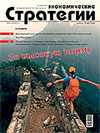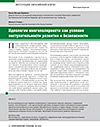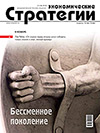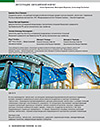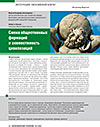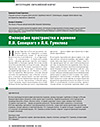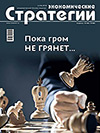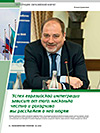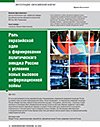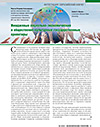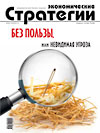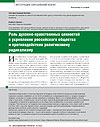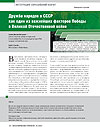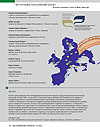Multipolarity Ideology as a Condition for Sustainable Development and Security
The range of theoretical-conceptual and practical questions related to the content of the concept of multipolarity and its ideological interpretation is analyzed; the issue of the necessity of practical realization of the multipolarity ideology propagation at all levels of the educational process, first of all Russia and the countries — Russia’s strategic partners, is being studied; It is argued that the proliferation of the ideology of multipolarity meets the national interests of Russia and its partners, ensuring the progressiveness of development and security excluded in the conditions of the restoration of bipolarity and the arms race.


